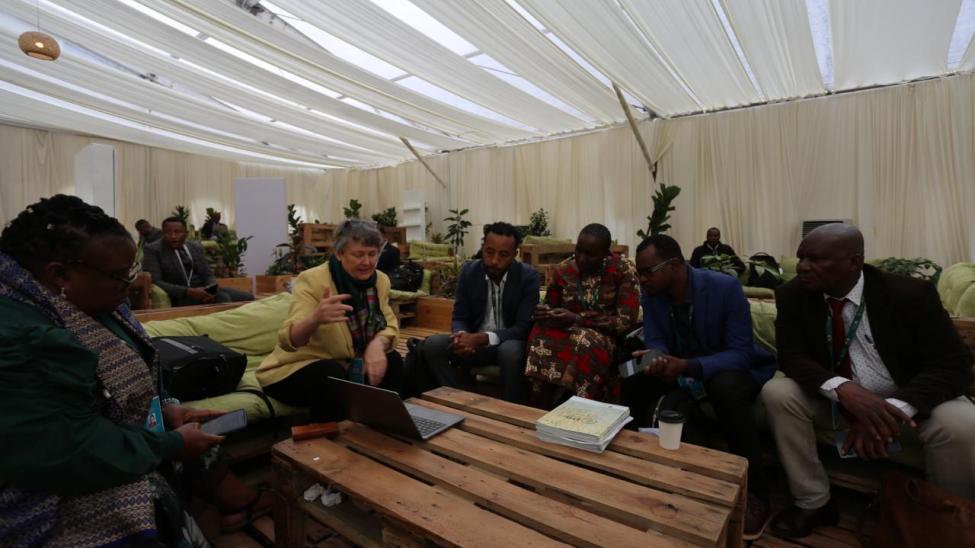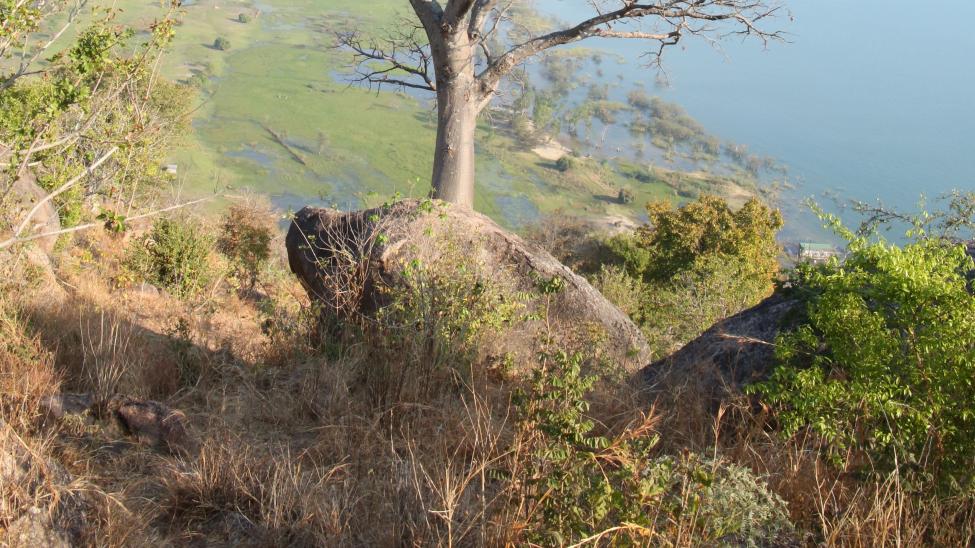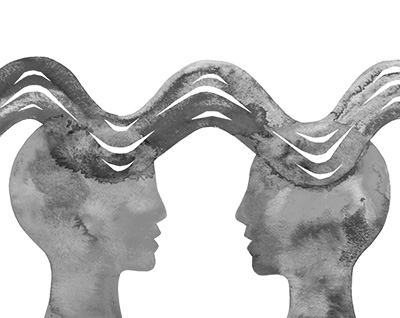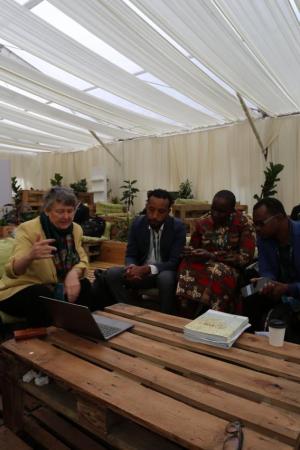Environmental Humanities South
An interdisciplinary research cluster and postgraduate programme in the Faculty of Humanities
The environmental humanities is the term for a dynamic and growing field in universities across the world, one promoting interdisciplinary scholarship that explores how we understand the relations between humans and the environment in all areas of cultural production.
Ranging from scientific modelling to government policy, from social justice movements to the creative arts, it examines questions of sustainability, human wellbeing and the environment in their broadest sense.
In a 21st-century context of increasing pressure on the biosphere, the environmental humanities provide a vital intellectual space that enables researchers, students, artists, writers, scientists, policy-makers and practitioners to reflect critically on the concepts that underlie contemporary environmentalism.
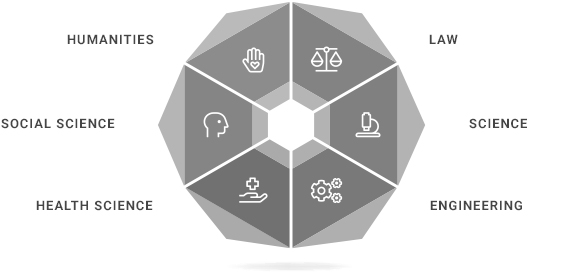
Environmental Humanities South (EHS) is focused on reconceptualising and achieving justice in African environmentalism and climate interventions. The discussion here is both on-campus and off-campus, grounded in the research interests of students and academics linked to our MPhil and PhD programmes.
Working with the arts and humanities and social sciences, law and sciences, EHS is a research centre looking for new languages and imaginaries to grasp human-ecological-geological connections.
Based at the University of Cape Town, South Africa, we aim to grow a humanities-based eco-justice researcher network in the Global South.
Social Media
Join the EHS Facebook group with 2,500+ members. You can also find us on Twitter/X | Instagram | YouTube.
Why we do what we do
Environmental Humanties South (EHS), located at the University of Cape Town (UCT) in South Africa, provides interdisciplinary dialogues in the Global South.
We aim to broaden the intellectual models, research methods and resources provided to environmental decision-makers.
We seek to generate scholarly responses and find new ways of imagining the relations between state, science, ecologies and publics with regard to these topics:
– Climate change
– Urban planning
– Environmental law
– Water engineering
– Public health
The goal of EHS is to enable a hub of scholars which, via a combination of a rich programme, deep research, engaged dialogue with peers locally and internationally, can grow into an internationally recognised strength of the UCT Faculty of Humanities.
Introducing: Critical Zones Africa (CZA)
Proposals for environmental governance that is politically sustainable. Critical Zones Africa is a university-driven research network spanning six locations across the continent, supported by the Science for Africa Foundation. Rooted in Africa’s rich environmental traditions, the network aims to elevate local voices in global negotiations and foster sustainable governance. We focus on solutions that reflect the needs and aspirations of local communities, addressing habitability, health, and overall well-being.



